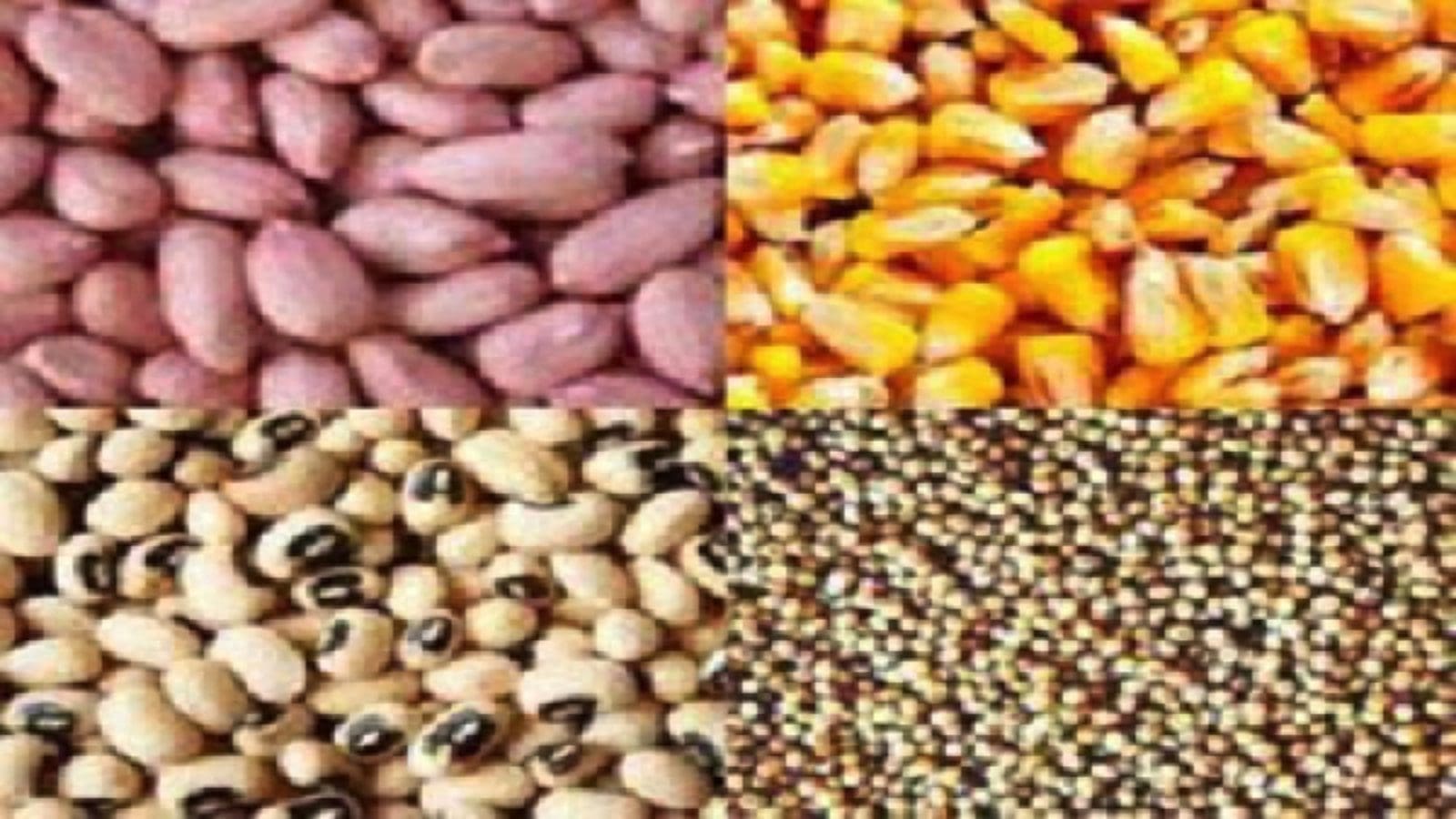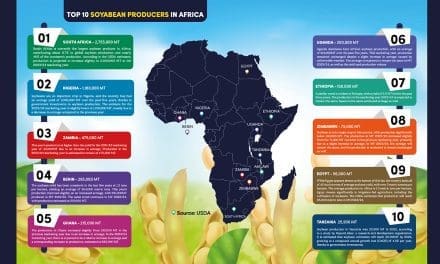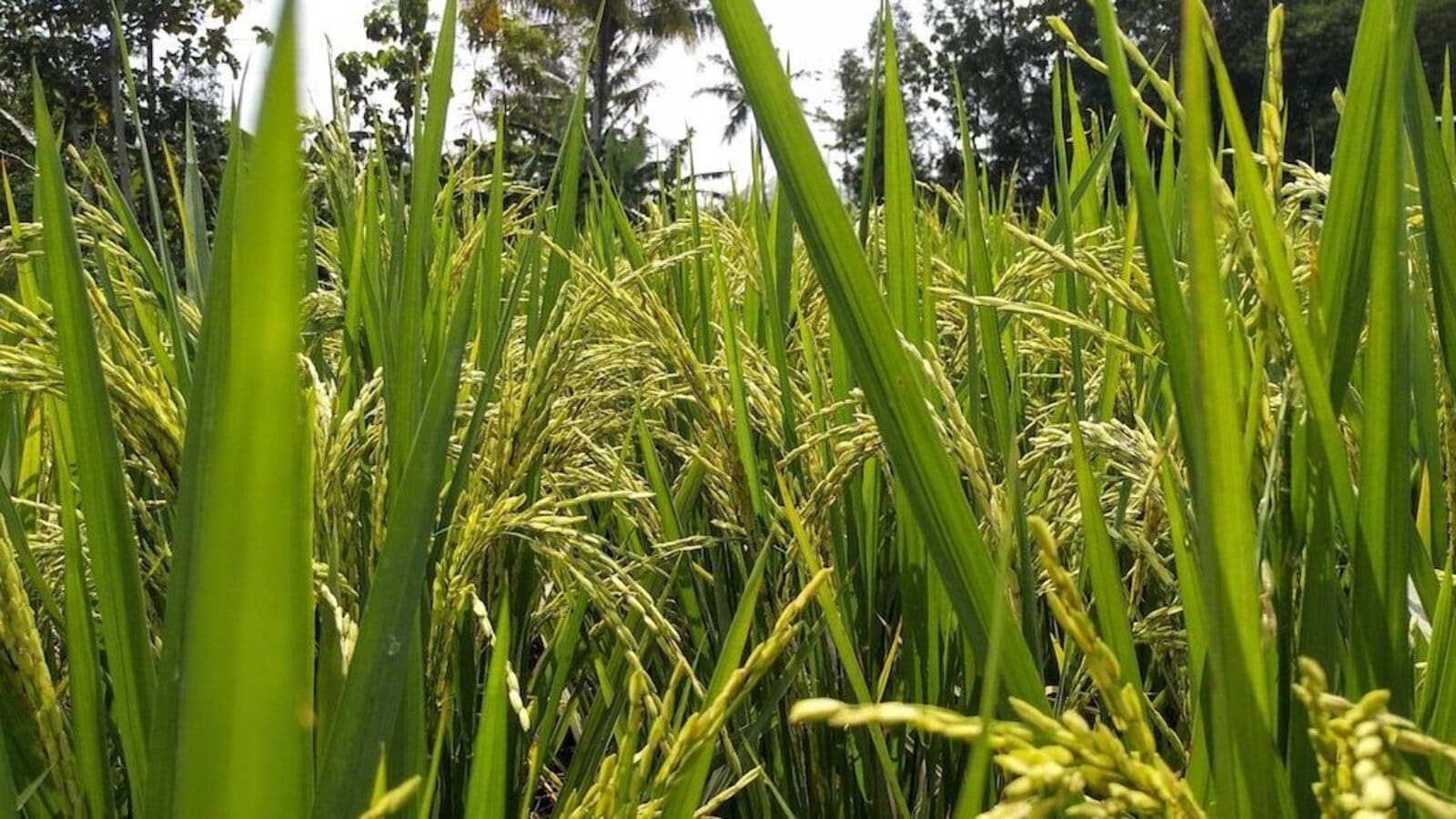ZIMBABWE – Zimbabwe projects cereal production will hit 3 775 720 tonnes for the 2023/24 cropping season, with maize accounting for 3 060 000 tonnes and 715 728 tonnes of traditional grains, The Herald reports.
The projection follows that the country has attained seed self-sufficiency for both state-assisted programs and the commercial sector according to a recent report.
The announcement was made by Mr. John Makoni, the chairman of the Zimbabwe Seed Trade Association adding that the seed industry was on course to substitute imports.
According to Makoni, the government projects that this production will be enough for human cereal consumption requirements, as well as industrial use and livestock feeds.
In addition, the development comes at a time when the government is calling on companies to source 40 percent of their raw materials locally in a move towards attaining self-sufficiency as well as supporting the country’s primary production sector.
Recently, the Ministry of Lands, Agriculture, Fisheries, Water and Rural Development’s report on the country’s state of preparedness for the 2023/24 season unequivocally indicated that this year’s focus was on increased productivity with the target areas for the major crops meant to grow 10%.
According to the report, about 45 000 tonnes of seed is required to cover 1,8 million hectares of maize targeted for the next season.
In addition, the report outlined that about 4 180 tonnes of seed are required to cover 418 000 hectares of sorghum, while 275 000 hectares of pearl millet require 1 600 tonnes of seed with 27 500 hectares of finger millet needing 138 tonnes of seed.
The report, however, ascribed the increase in seed production to a result of policy decisions by the government to expand the production of traditional grains, as a way of climate-proofing Zimbabwe’s agriculture.
Makoni, therefore, called upon farmers to buy the seeds early and avoid the last-minute rush. He however lamented that the country still has shortages of hybrid sunflower, hybrid sorghum, and groundnuts.
Farmers have, however, expressed concern over input prices that they say are pushing the cost of production high eroding their potential profits in the process.
Zimbabwe Indigenous Women Farmers Association Trust president Mrs. Depinah Nkomo said they were geared to start the new season adding that the state-assisted programs were helping the majority of farmers to acquire inputs.
According to her, acquiring seed on time is very crucial, however, she appealed to seed companies to lower their prices so that farmers can increase hectarages noting that the majority of farmers rely on the Presidential Input Scheme.
On his part, the Zimbabwe Commercial Farmers Union (ZFCU) president Dr. Shadreck Makombe said that farmers were ready for the season adding that they should improve on the production of traditional grains.
For all the latest grains industry news from Africa, the Middle East and the World, subscribe to our weekly NEWSLETTERS, follow us on LinkedIn and subscribe to our YouTube channel










